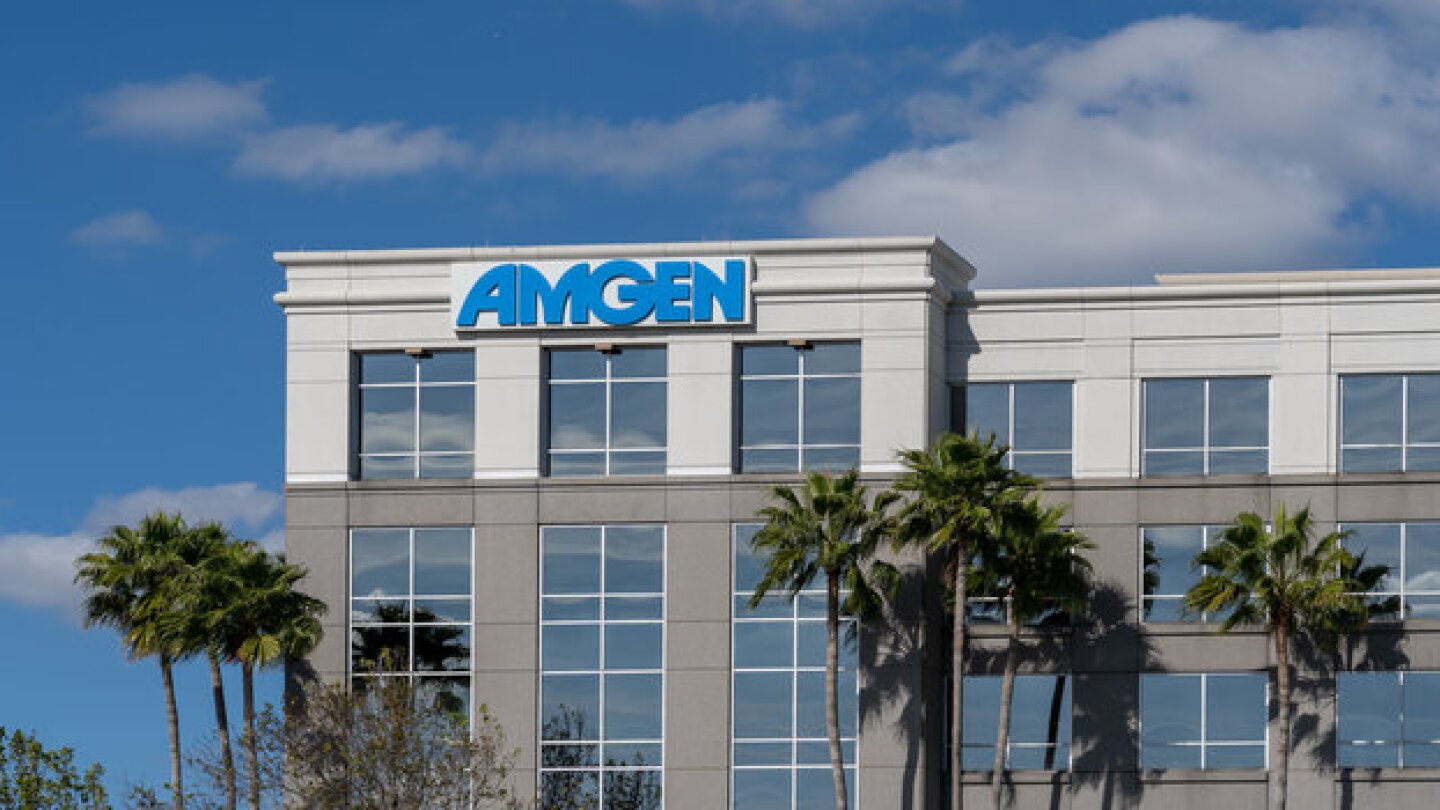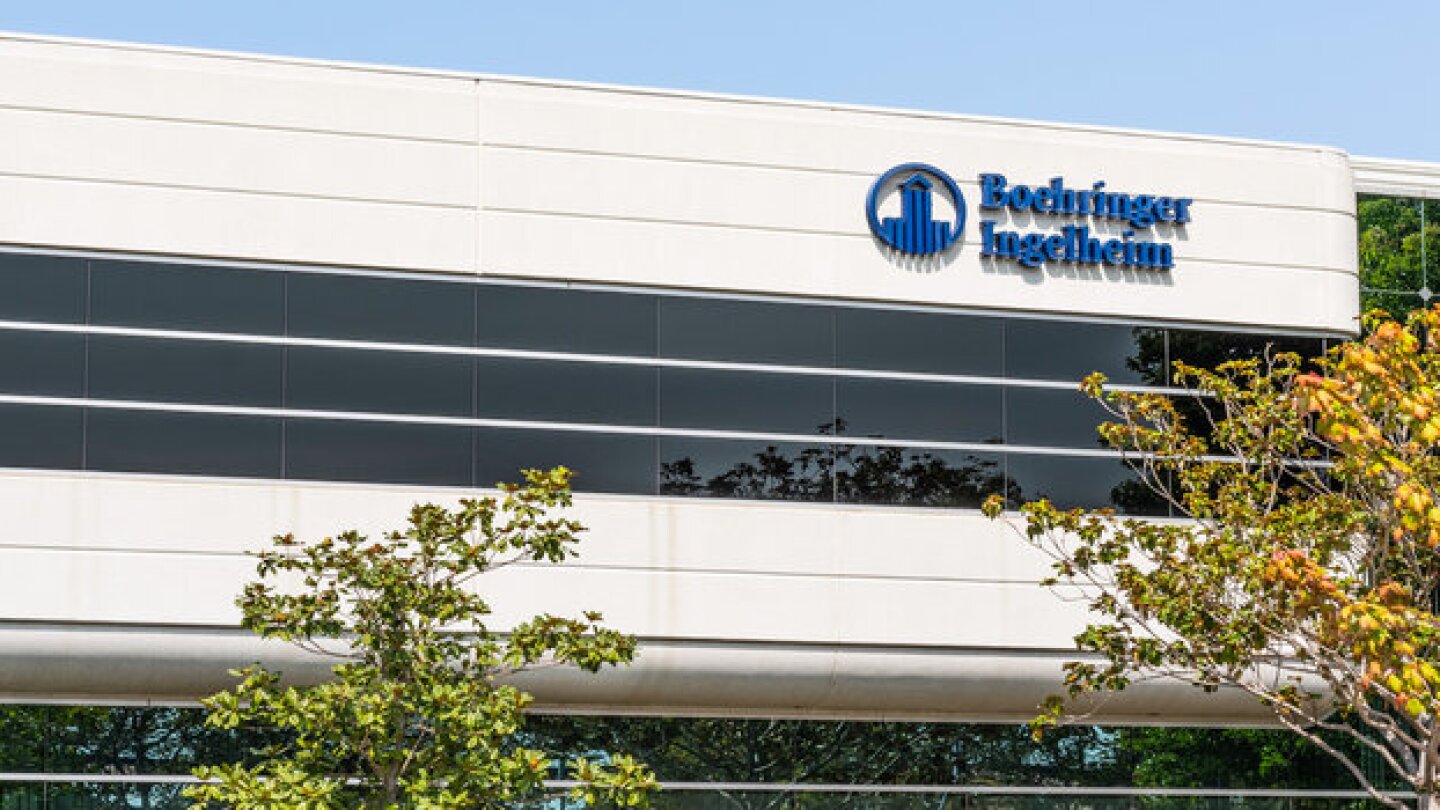Immunology and inflammation
The percentage of patients achieving total clearance of eczema lesions in a Phase 2b trial increased with prolonged rezpeg treatment.
The newly public Evommune shared data showing that EVO301, an IL-18 targeting protein, cleared symptoms comparably to Regeneron and Sanofi’s mega-blockbuster in a mid-stage atopic dermatitis clinical trial.
According to Priovant, the Phase 2 BEACON study is the first industry-sponsored placebo-controlled trial in cutaneous sarcoidosis to deliver positive data.
In addition to claiming revenue of $19.3 billion for the fourth quarter, Eli Lilly executives offered a glimpse into their strategy to expand their GLP-1 franchise into the immunology and inflammation space, with trials currently underway in asthma, psoriatic arthritis, Crohn’s disease and ulcerative colitis.
On its fourth quarter earnings call Wednesday, AbbVie CEO Robert Michael called oncology and neuroscience “underappreciated” areas of focus for the pharma.
A Phase III readout in September 2024 for rocatinlimab, on which Amgen and Kyowa Kirin were collaborating in atopic dermatitis, appeared underwhelming to analysts, with Jefferies noting that the data “came in at the lower end of efficacy and expectations.”
In what is shaping up to be a back-loaded month, the FDA is set to release a slew of regulatory decisions in February, including two that would expand the labels of blockbuster drugs.
Cancer-focused Eikon Therapeutics is seeking $273.5 million in its bid to trade on the Nasdaq, while hair growth specialist Veradermics is looking for $181.1 million in its foray onto the New York Stock Exchange.
The Repertoire partnership is Lilly’s second immunology play of the year, after the acquistion of Ventyx in early January for a pipeline of NLRP3 assets.
The cornerstone of the deal is SIM0709, which Simcere designed to target both TL1A and IL-23, crucial players in facilitating inflammation. Boehringer Ingelheim will advance the asset for inflammatory bowel diseases.
PRESS RELEASES










